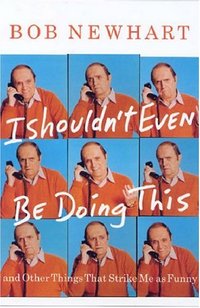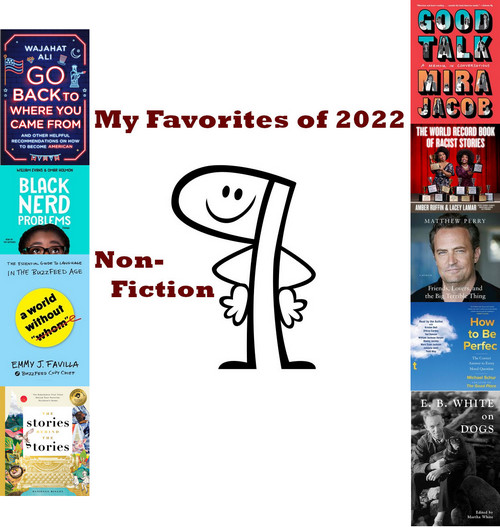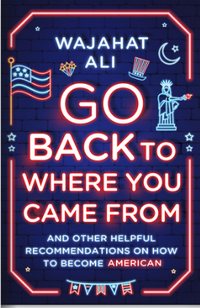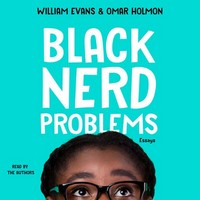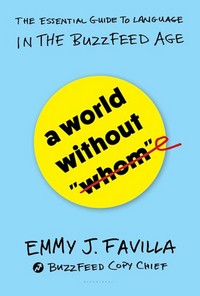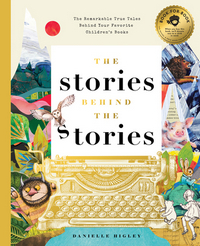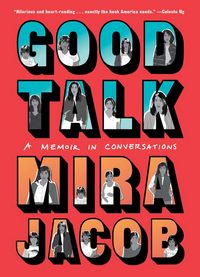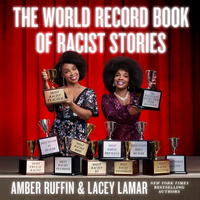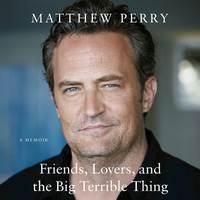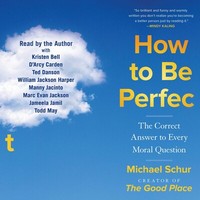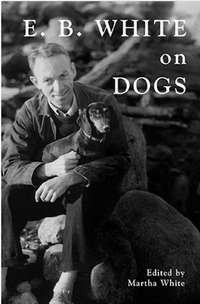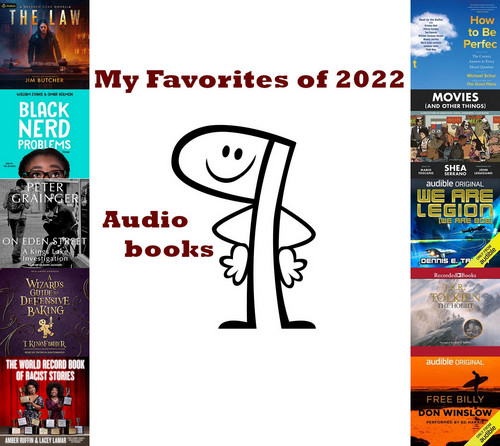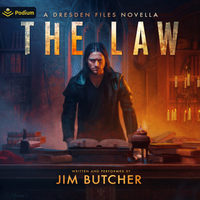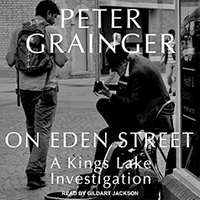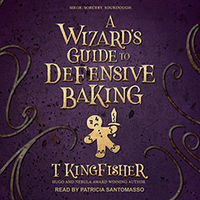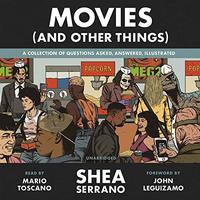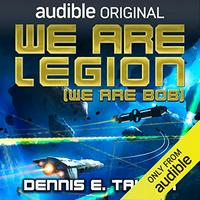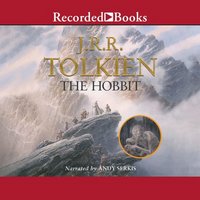I talked about Harry L-B’s debut novel, Billy in Space, earlylier today, and am now very pleased to bring you this Q&A with the author!
Let’s start off by introducing yourself to the readers—talk about your background, path to publication, etc.
My background is in theater. Outside of my day job, I’ve spent the last ten years writing and performing on stage in small venues around Milwaukee. Before Billy in Space I hadn’t actually thought about writing a novel. Writing plays or sketches always felt easier, because they didn’t necessarily have to be that long, and the actors do half the work for you. Billy in Space was my first attempt at a novel during a NaNoWriMo, and I loved the world and story I created so much that I decided to try publishing it.
Before I dive into Billy in Space questions, do you want to plug your webseries? Where’d this project come from?
I would be happy to plug Space Station-19. SS-19 was a project born out of the pandemic. My partner and I were both stuck at home, feeling isolated and bored like everyone else. With all that time on my hands, I decided to turn those feelings into a funny cartoon about a couple of blue collar workers on the edge of space. I wanted to make something that I could produce on a regular schedule, so each episode was only about a minute long and reused the same set and props as much as it could. Right now the show is on an indefinite hiatus while I tie up some other projects, but I’m proud of the 80-ish episodes we have so far, and have plans for future installments down the road. If your readers are interested in a bite-sized mashup of early RedvsBlue and Futurama, they should check it out.
All authors have more ideas running around in their head than they can possibly develop—what was it about this idea that made you commit to writing it? Was this something that was originally intended for Space Station-19, but ended up needing to be told somewhere else? Or did you set out to do something in a new medium?
The idea for Billy in Space actually started out as a video game. It was originally a sort of 2D riff on Dead Space, but as more ideas about the world and story popped up, the more I wasn’t sure I could pull it off as a video game. As to how it relates to Space Station-19, Billy in Space was actually done way before SS-19. It was just my first novel, so taking it from first draft to something I’m comfortable with people reading took a very long time.
I like to find someone other than the protagonist to focus on in my Q&As, and I have to ask about Boris here. Maybe I’ll be proven wrong, but I think he’ll be overlooked by most readers, who’ll fixate on Billy, Andy, Alice, and Janet. Do you actually know his backstory, or is it something you just kept inventing layers for when the opportunity arose? Have you thought about using him as a protagonist for something—or do you think he’s most effective (and funny) as a secondary character?
Boris is one of those characters that started out more as a device than a person, and slowly took shape as he had more interactions with the other characters. Some of my favorite characters in other media are the ones that the audience never really gets to know outside of the weird one-liners that paint a progressively weirder and weirder picture of their life outside the story. Because of that I don’t know that Boris can ever be a viewpoint character, since the comedy comes from that mystery, but that doesn’t mean he can’t grow and change. He could certainly be more of a focus, or even a protagonist if he shows up in later stories, we just probably won’t see the world through his eyes.
How do you approach humor in your stories? Do you work to maintain a balance between it and the action/tension? Does it come naturally? Do you have to come back on a later draft and insert or delete jokes to get it right?
I think every story should be at least ten percent comedy. Humans are naturally funny, oftentimes in reaction to difficult or even terrifying scenarios. Leaning into those natural human reactions, and heightening the stakes and absurdity of what those humans are reacting to is how you get to comedy. Or you can string some funny words together. That always makes me giggle.
It’s pretty clear that you’re into Science Fiction and humor—are there other genres you want to try in the future? Do you spend much time reading/watching other genres, or is SF primarily your thing?
If I had a favorite thing to write it would certainly be scifi-comedy, especially when it leans at least a little into space-horror. That being said, I do have another very early draft of a novel which is a riff on old adventure paperbacks, and I have had an idea for a more traditional fantasy novel that I’d like to get to one day. As for what I read, I am a sucker for most things with spaceships, but I also enjoy reading horror and fantasy. Bonus points for anything that also gets me to laugh.
Let’s play “Online Bookstore Algorithm” (a game I made up for these Q&As). What are 3-5 books whose readers may like Billy in Space?
Billy in Space shares a genre with Will Save the Galaxy for Food, so if you enjoy Yahtzee Croshaw’s work, I bet you’d like it. I’d also compare it to Meddling Kids, for its mix of horror and humor. On the strictly scifi-horror side of things, if you liked the novels Dead Silence, The Luminous Dead, or any of the recent Alien novels I bet you’d enjoy it.
What’s next for Harry L-B, author? More novels, or are you thinking of trying a different medium next time?
I would like to get some more novels out there, specifically some that build on Billy in Space`, but up next might be a few video games. I was just at the Midwest Gaming Classic telling people about my first game, I Wouldn’t, a short, silly-horror escape room type game. After that, my next project will probably be a game that shares a world with Billy in Space and Space Station-19. I’ve started working on it, but it’s in its very early stages at this point, so nothing specific to say right now. If you’re at all curious, be sure to follow me on youtube (HarryLBonYoutube), as you’ll hear more about any of my upcoming projects there first.
Thanks for your time—and thanks for introducing me to Billy, Boris, and the rest. I had a great time hanging out with them.



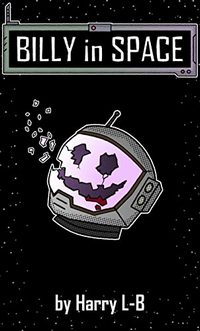


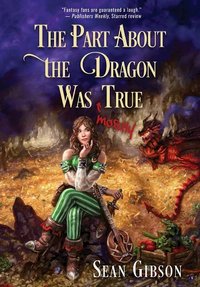

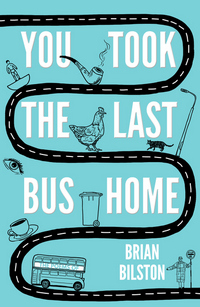


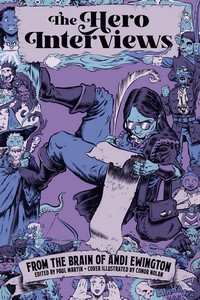

 Grab a book, any book.
Grab a book, any book.